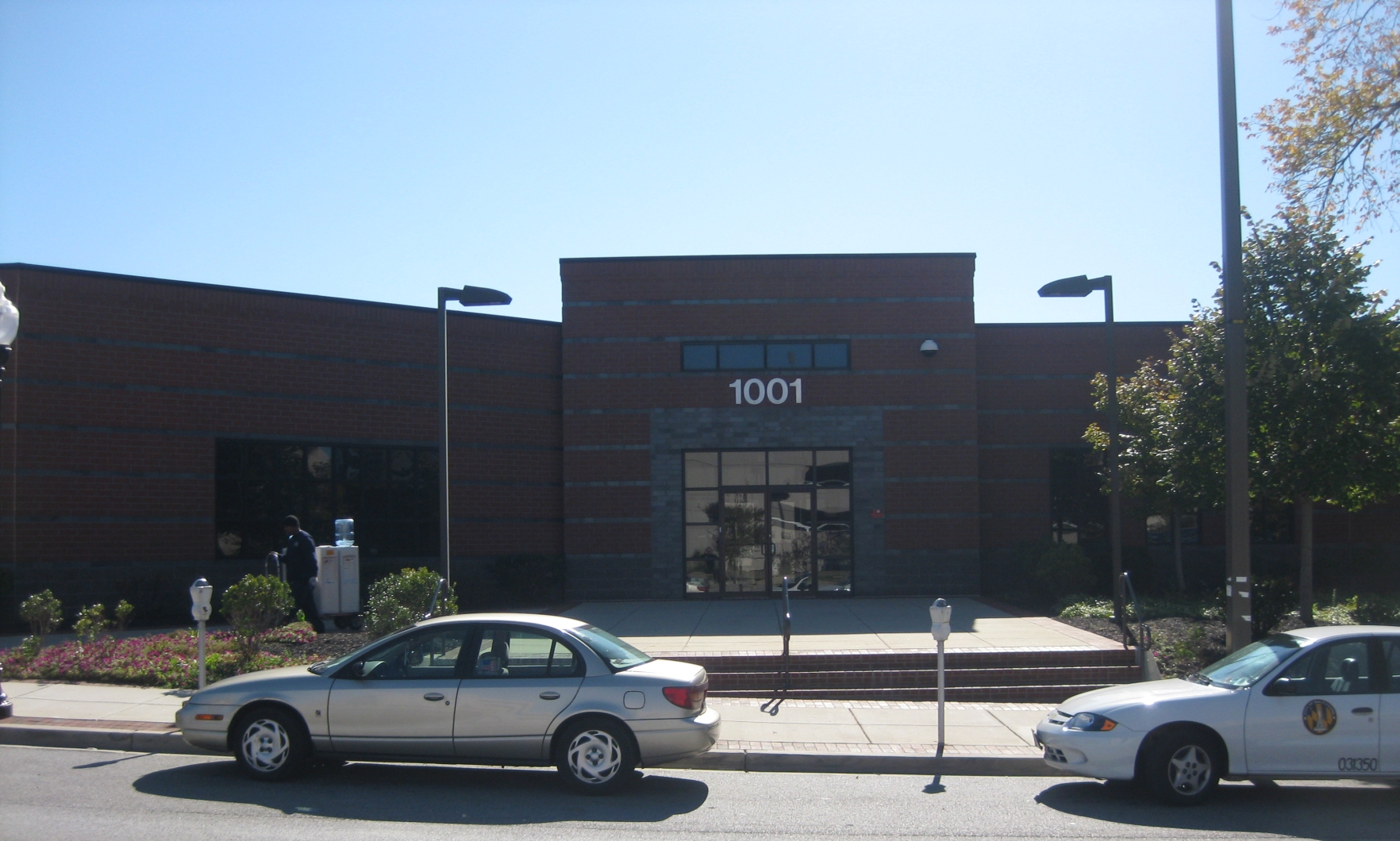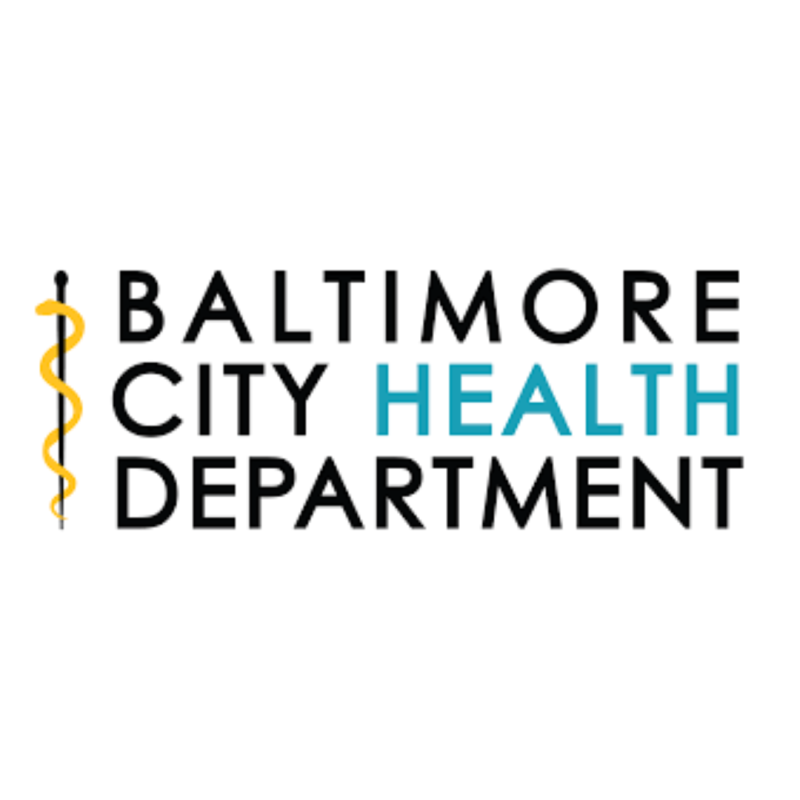Baltimore City Health Department

About the Organization
To protect health, eliminate disparities and enhance the wellbeing of everyone in our community through education, coordination, advocacy, and direct service delivery.
Involvement Opportunities
- On-going
- Academic Involvement Opportunities
- Internships
- Special Projects
*Note: Volunteer opportunities depend on the specific program areas. Information for contacts from the program units is below.
Program Areas
Needle Exchange Program
The Needle Exchange Program is a harm reduction division at the local department providing non-judgmental service to the citizens of Baltimore. There are 18 sites for students to choose from. Volunteers are expected to volunteer for a full shift (which is usually 2 hours) on a regular basis. Volunteers MUST have hepatitis and tetanus immunizations and are expected to complete OSHA Bloodborne Pathogens Training. Click here for current information including a list of sites and times.
For more information about the needle exchange or volunteering, contact:
Lisa Parker, Assistant Director lisa.parker@baltimorecity.gov
Division of Aging Services
Division of Aging Services is the Area Agency on Aging (AAA) for Baltimore City. The AAA is responsible for providing recreational, socialization, nutrition, education and advocacy services which allow seniors to age with dignity in their homes and communities. Students have the opportunity to work with Division of Aging Services in a variety of capacities including academic projects and curriculum development and implementation.
Division of Aging Services
417 E. Fayette St. – 6th Floor
Baltimore, MD 21202
PHONE: (410) 396-4932
FAX: (410) 385-0381
Maryland Access Point (MAP) Call Center – formerly the Senior Information and Assistance Call Center 410-396-CARE (2273)
Healthy Homes Bureau
The aim of the Healthy Homes bureau is to address home-based factors that are major sources of health hazards and chronic health issues, the most common of which are as follows: lead exposure, carbon monoxide exposure, fire hazards and the adequacy of smoke alarms, moisture, mold, and allergen triggers, presence of rodents and roaches and approaches to pest control, presence of and access to hazardous or harmful household products, smoking, adequacy of ventilation, heating, and cooling, and visible physical hazards.
Contact: Margret Schnitzer, Partnerships Manager, Asthma Program
7 E. Redwood Street, 3rd Floor
Baltimore, MD 21201
margret.schnitzer@baltimorecity.gov

